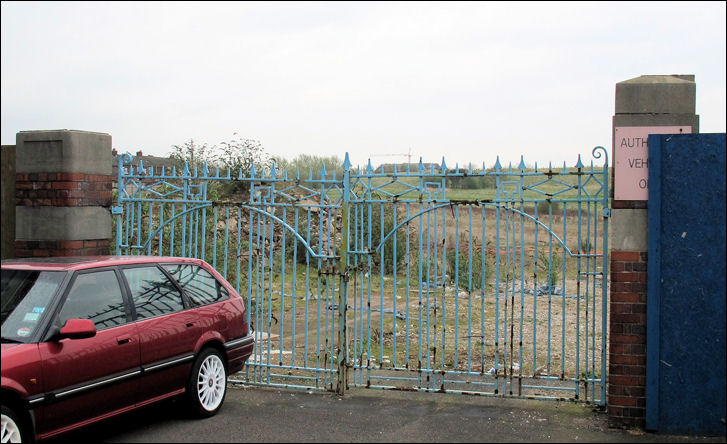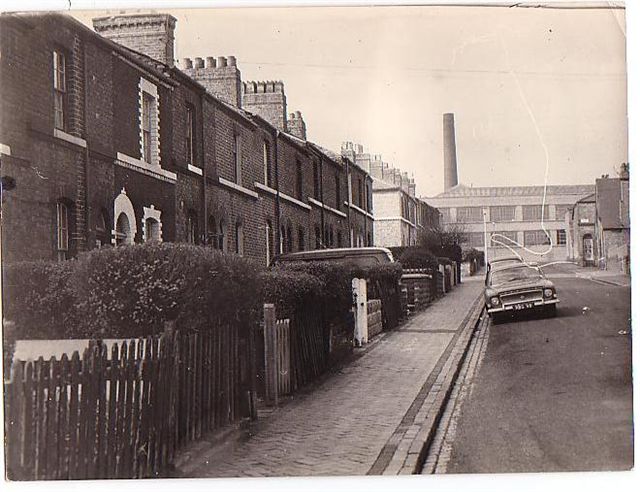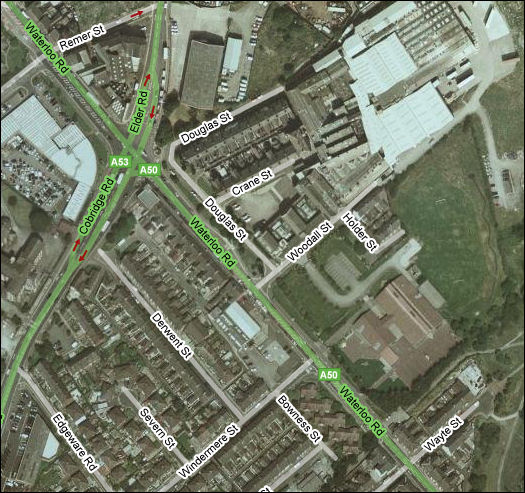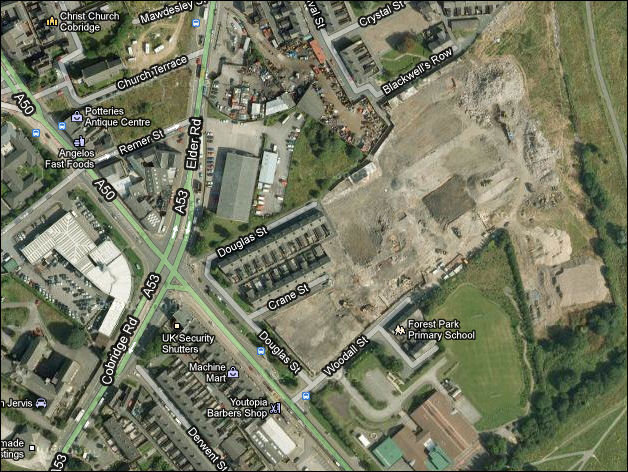![]()
|
|
|
|
|
Stoke-on-Trent - Potworks of the week |
Myott Son & Co, Alexander Potteries, Cobridge
|
Cobridge Works "The manufactory of W. Brownfield & Son was erected in 1808 and worked by Stevenson & Bucknall. and from 1816 to 1836 by Andrew Stevenson alone. In 1836, the premises were opened by Robinson, Wood & Brownfield and, after Mr. Robinson's death in the same year, were continued by Wood & Brownfield until 1850. In 1850, Mr. Wood retired and the business was continued solely by William Brownfield until 1871, when he was joined in partnership by his eldest son, William Etches Brownfield, and from that time it was carried on as W. Brownfield & Sons. In 1893 or 1894, the Brownfield's Guild Pottery Society Ltd. was formed. It continued until 1900, when the works were demolished. Messrs. Myott rebuilt on the site in 1901." Jewitt's 'Ceramic Art of Great Britain'
Myotts were established in 1898 by Ashley Myott and he worked in partnership with his brother Sydney, the firm worked the Alexander Pottery, Wolfe Street, Stoke. They then expanded their manufacturing to include the purpose built five-oven factory on the site of the former Brownfield's Works in Cobridge - extending their works to to include an adjacent pottery in 1925 to form a larger works - also known as the Alexander Potteries. In 1969 Myotts were bought out by Interpace an American corporation who were at the time the largest manufacturer of tableware in the USA. The Myott name was retained and in 1976 the company merged with Alfred Meakin Ltd, who were based in Tunstall, to form Myott-Meakin Ltd. In 1989 the name Myott-Meakin (Staffordshire) Ltd. was adopted as a result of an acquisition by Melton Modes. In June 1991 the company was ‘swallowed’ by the Churchill Group of potteries. In Aprill 2000 the Churchill group took over the name (but not the works) of the Sadler & Son pottery and move some limited production to the former Myott works in Crane Street, Cobridge. |

Myott Son & Co,
Arthur Street Cobridge in the 1930's
note the proximity of the terrace houses next to the works - at the end of
the street, on the left hand side
crates for packing the ware are stacked on the pavement
in the mid 1950's Arthur Street was renamed Crane Street
photo: Alan Sutton © Ian Lawley & Tim Corum

Crane Street (off Waterloo Road) - and
the entrance to the
Churchill Pottery (was
Myott)
photo 2001


Crane Street - the works have
been demolished - only the entrance gates remain
photo: April 2011

the gates of the Myott
pottery works are all that remain at the end of Crane Street

Housing in Granville
Street, Cobridge
the top of the street can be seen the rear of Myott's pottery
photo: Alan Chell

junction of Waterloo,
Cobridge and Elder Road in 1898
the Browfield works is shown in red -
these were demolished in 1901 and rebuilt by Myotts.
The new works were smaller in size and built back off Waterloo Road - the main
Hanley to Burslem road.

1947 map showing the pottery
works around the junction of Waterloo, Cobridge and Elder Roads
|
25 Davison & Son, Ltd. 26 W. Moorcroft, Ltd. 27 A. G. Richardson & Co., Ltd. 28 Simpsons (Potters), Ltd. 29 North Staffordshire Pottery Co., Ltd. 30 Furnivals (1913), Ltd. 31 Portland Pottery, Ltd. 32 Myott, Son & Co., Ltd. |

the same location in 2000,
the Myott works is shown as owned by Churchill
compare with the 1898 map above -
Woodall Road is on both maps
Douglas, and Crane Streets were built c.1901 when the new Myott works were
built

Google maps - 2007, showing
the Myott / Churchill works - top left of the map

Google maps - 2010, the Myott
/ Churchill works have been demolished
|
Related pages Alan Chell's photos of the Waterloo area of Cobridge Cobridge - a walk around a Victorian suburb. William Brownfield's Cobridge Works in Waterloo Road was built in 1808 and was occupied by several important firms before it was taken by Robinson, Wood & Brownfield (c.1836-41) and then by, Wood and Brownfield (1841-50). also see.. Advert
of the Week external links... Stoke-on-Trent museum information on Myott, Son & Co.
|